Awaken love
Not as noisy and dramatic as other entertainment TV shows, “101 Ways to Escape Poverty” touches people’s hearts with its simplicity, sincerity and deep sense of social responsibility. First broadcast in 2010, the program by journalist Minh Hien and the crew of Quang Ninh Radio and Television Station (now Quang Ninh Provincial Media Center) opened up a new approach: Instead of “giving fish”, they sought to “give fishing rods” - with specific livelihood models, practical advice, the companionship of philanthropists and the initiative of the poor themselves. Since then, hundreds of difficult circumstances have had the opportunity to change, gradually escaping poverty with their own will and determination.
The crew of the program "101 ways to escape poverty" working at the scene, 2011.
For the team, each trip is not simply a task assigned by the agency's leaders, but also an emotional journey, an unforgettable mark in the journalist's life. Journalist Minh Hien shared: "It is a story about the determination to rise up of many poor and near-poor households, the spirit of mutual love of the community and the responsible sharing of many philanthropists and businesses in the province".
Ms. Hien will always remember the journey with the family of Ms. Hoang Thi Duyen, Dan Chu commune, Hoanh Bo district (now Ha Long city) - who was also the first person to participate in the program. Amidst the many difficulties of a single mother, without a stable job, raising two young children, Ms. Duyen still did not give up hope. Thanks to capital support from businesses and the cooperation of neighbors, she started a wild boar farming model. From then on, her life gradually stabilized, confidently escaping poverty with her own labor.
“That is one of many stories that moved us and made us believe that journalism can do more than just inform, it can spread hope, connect love and promote social responsibility,” Minh Hien shared.
Not only helping to change the fate of individuals, “101 ways to escape poverty” also contributes to multiplying the spirit of mutual love in the community. Models such as raising goats in Tien Yen, raising wild pigs in Ba Che, growing mushrooms in Hai Ha… have been widely replicated, becoming practical lessons for many households in other localities. From this program, many businesses have proactively connected, supported capital, seeds, and techniques for the next character to continue the success of the previous character. It is a silent but persistent spread, from the hearts of journalists to the hearts of viewers and more broadly, the awakening of the sense of sharing in the whole society.
On Quang Ninh Newspaper, the column "Humanitarian Address" has also been standing for nearly a decade, becoming a reliable bridge for the social community to share with unfortunate lives. Each article is not only a call for sharing, but also opens up opportunities for change for many difficult situations: Children with serious illnesses, lonely elderly people, workers who have accidents, poor families who have lost everything after natural disasters... From the tearful stories on the pages, thousands of readers, philanthropists, organizations, and businesses have reached out to help with practical actions: Supporting hospital fees, building charity houses, awarding scholarships, providing livelihoods, organizing voluntary blood donations, distributing free porridge at hospitals...
Representatives of Quang Ninh Newspaper and the Provincial Buddhist Sangha Executive Committee presented support to the family of Ms. To Thi Huong (Dam Ha district) whose house was swept away by flood in 2014.
Not only are they “humanitarian pens”, the columnists are also silent witnesses of precarious lives. Journalist Hoang Quy, who has been involved with the column for many years, once shared that there were times when she returned from the scene, she could not hold back her tears. That was the moment she witnessed a child suffering from illness without money for treatment; the anxious eyes of a poor wife next to her sick husband and young children; the dilapidated, empty shack of an old man living alone… Those tears did not diminish their journalistic courage, but instead urged them to continue writing, writing truthfully, writing with their hearts to properly attract the attention of the community.
The “Humanitarian Address” section is also the place to inspire and spread many meaningful models: Sponsoring orphans, “Pot of love porridge” for poor patients, building humanitarian houses for disadvantaged households, volunteer trips to island communes, remote areas... Many characters, after being reflected, have received timely assistance to overcome adversity, gradually stabilizing their lives. The press, here, has gone beyond the limits of information, becoming a catalyst to arouse social responsibility, love between people, and above all, the belief that kindness still exists, is being nurtured and spread every day.
With the miners "down to hell"
Not only miners know the suffocating darkness and the dangers that always lurk underground. Journalists, wearing miner’s clothes, carrying notebooks and headlamps, have also stepped into the mines, not to get superficial news, but to empathize and live fully “eating in the mortal world and working in the underworld” with the workers.
Despite the sweltering heat and suffocating feeling underground, reporter Hoang Hai Yen is still passionate about her work.
Over the years, there have been journalists who have chosen to stay in the mines - deep underground, a harsh place of darkness, sweat and danger, to listen and write about the miners with all respect and emotion. They do not hesitate to wear protective clothing, carry lamps and go into the mines hundreds of meters deep, and join the miners in overcoming wind, rocks and coal dust to record every moment of the most authentic labor.
The feeling when first going down the mine at the depth of -150m of Mao Khe mine in 2015 with journalist Hoang Yen (reporter of the Special Topics Department, Provincial Media Center) was: "The deeper I went, the more stuffy the air became, I felt a little short of breath, sweat started to pour out, my steps became heavier". As for journalist Pham Tang, News Department, Provincial Media Center, each time going down the mine was a time to learn more about the courage and silent sacrifice of miners. "Every time I contacted the base to work, I asked to go to the mine. When I witnessed the miners working with my own eyes, and felt their hardship, my writing would become more realistic and effective than sitting on the ground imagining" - Pham Tang said.
Reporter Pham Tang interviewed workers of Nam Mau Coal Company during a reporting session.
Writing about mines, reporters do not simply report news, but also carry the responsibility to reflect, warn, promote the improvement of working conditions, and ensure the safety of the lives of those who “eat the food of the living world and work in the underworld”. More than a profession, it is a humane commitment, writing to spread, to show gratitude, and so that no one is forgotten in the darkness of the deep mines.
Journalist Tran Quang Huy (Head of the Special Topics Department, Provincial Media Center) when writing the article “Mong Duong White Night” (published in Quang Ninh Newspaper, issue dated April 3, 2006) set out at night, immediately after receiving the information, to the exact place where the serious labor accident had just occurred, the Via II-1 of Mong Duong Coal Company. Those were tense moments, overnight rescues with the hope of saving the lives of the trapped workers. Being present at the scene during those moments, he not only looked with his eyes, took notes by hand, but also with his heart trembling with anxiety, sympathy and admiration for the brave spirit of the rescue team.
From that first article, a series of in-depth articles on labor safety in the coal industry has been continuously and systematically deployed by journalist Tran Quang Huy. He did not hesitate to face the thorny reality, going into each production mine, talking to each worker, engineer, and industry leader to dissect the causes, make recommendations, and find solutions. The press, in that series of articles, is no longer an observer, but becomes a voice accompanying workers and businesses for a safer working environment.
“Mong Duong White Night” won first prize at the 2006 Quang Ninh Journalism Awards not only for its topicality, but also for its dedication, professionalism, and genuine emotions. Writing about death is not to sow sadness, writing about life is not to beautify, but to warn, to stir, to promote change from within. That is also the noble mission of a journalist, especially when working in deep tunnels, where just one mistake can cost lives.
Truong Sa is not far away
Journalist Le Ngoc Han (formerly Deputy Editor-in-Chief of Quang Ninh Newspaper, currently Secretary of the District Party Committee and Chairwoman of the People's Committee of Co To District) is one of the few female journalists who volunteered to work on Truong Sa Island. During the many-day journey "to the island during the stormy sea season", she worked enthusiastically regardless of the big waves, strong winds and constant seasickness. On the remote islands of the Fatherland, she not only brought Quang Ninh Newspaper, gifts, and the warmth of her homeland to the officers and soldiers, but also sent her sincere emotions into each article.
She once shared that: The most difficult thing is not the words, the malfunctioning machines or seasickness, but how to convey the most genuine thoughts, images and emotions about the remote island so that readers at home can feel that they are there, listening and sharing. Each article that she sends back is filled with the sincere passion of a female journalist, each line is a drop of heart towards Truong Sa. It is that dedication that has made many colleagues, officers and soldiers on the island moved to tears many times, because they feel the miracle of journalism: Spreading love, strengthening faith in the sea and islands of the Fatherland.
Journalist Ngoc Han presents gifts and letters from students of Doan Thi Diem Ha Long School to soldiers on Tien Nu Island, 2015.
In the last days of 2013, when the ship cut through the waves to take the working group across the sea to Truong Sa, journalist Nguyen The Lam (Director of the Provincial Media Center) knew that his long-time dream had come true. For him, setting foot on the sacred archipelago was a great honor, an unforgettable trip in his journalistic career.
On the 25-day journey through the islands, from Nam Yet, Song Tu Tay, Da Thi... to the small islands in the middle of the ocean, each film, each narration, each interview is a heartfelt sentiment for the homeland's sea and islands. Although he knew that the journey was difficult, the working conditions were harsh, from the rough waves, the time at sea, to the limited technical equipment, he and his colleagues still stayed up all night to edit news, write articles, and transmit images of the sacred land of the Fatherland to the mainland in the most authentic way.
For him, Truong Sa is not only a place to record and get news, but also a place to feel and live fully in every moment of patriotism. Every conversation with soldiers, every simple meal, every time singing loudly in the middle of the island yard in the windy night sky... all blend into an unforgettable memory. Journalist Nguyen The Lam once shared: "The greatest value we gained after the trip is to further foster our love for the sea and islands, and to become more aware of our responsibility to protect the sacred sovereignty of the Fatherland."
Journalist Pham Viet Hoa (second from right) talks with Captain Nguyen Van Binh, Squad Leader of Artillery Squad 85, Son Ca Island.
Journalist Pham Viet Hoa (Quang Ninh Newspaper) also had a memorable trip to Truong Sa in the summer of 2014. Despite the “calm sea and wind” weather, the journey to work on the islands was still a big challenge: a tight schedule, short time to land on the island, poor material conditions, and weak transmission signals. To send news to the mainland in time, she and her colleagues had to “watch the waves” after 9 p.m., split the data to send at night, and many times the signal was broken and had to start over from the beginning. Working on the DK platforms amid the dangerous big waves was also an obstacle that female reporters had to fight to participate. Despite the hardship, she called it an “extremely happy experience” when she lived among the warm affection of the island soldiers, recorded touching stories in the middle of the ocean, and felt like she was truly “family” at the forefront of the storm.
For journalists, each piece of journalism is filled with true emotions, quietly moving, sincere and inspiring. The emotions expressed on the pages of the newspaper are a testament to the humanistic power of journalism, because each word, each frame can sow the seeds of love, contributing to cultivating and spreading beautiful things.
Hoang Nhi
Source: https://baoquangninh.vn/cam-xuc-o-lai-tren-trang-bao-3361609.html


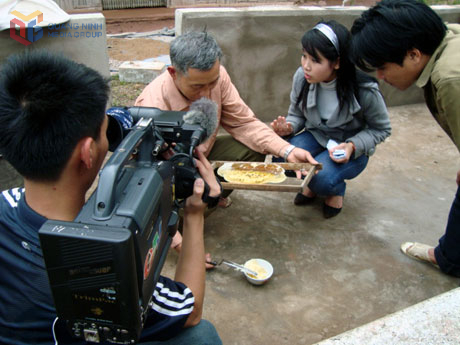
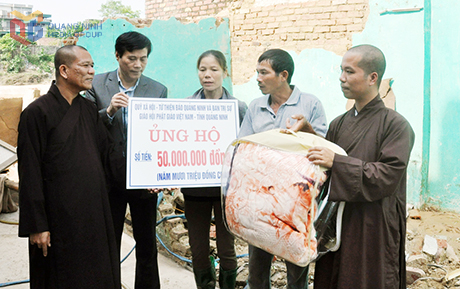
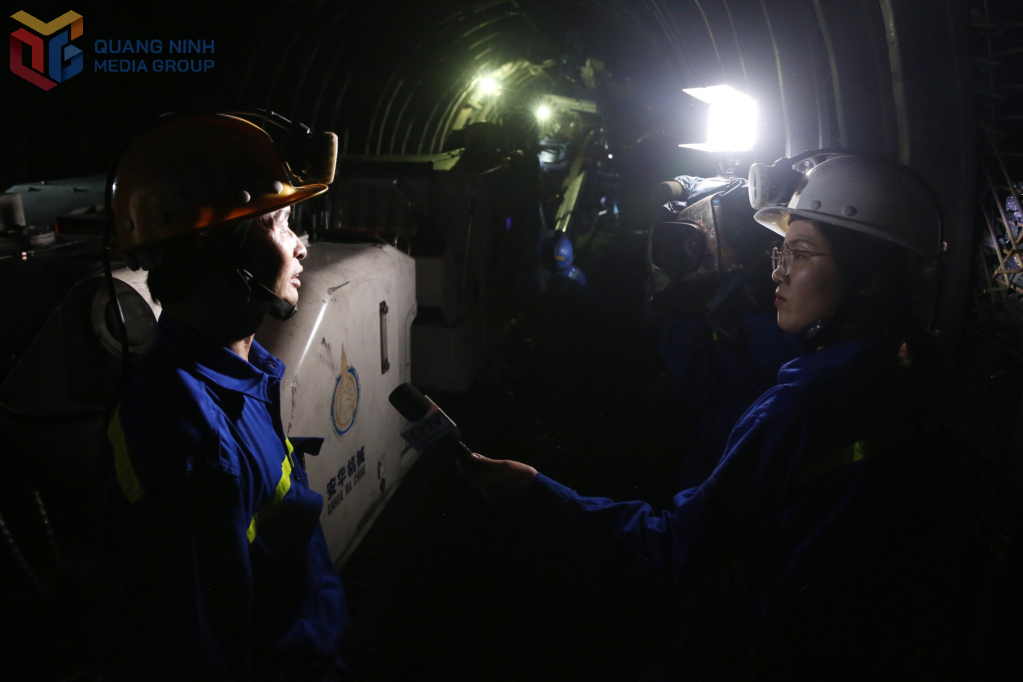
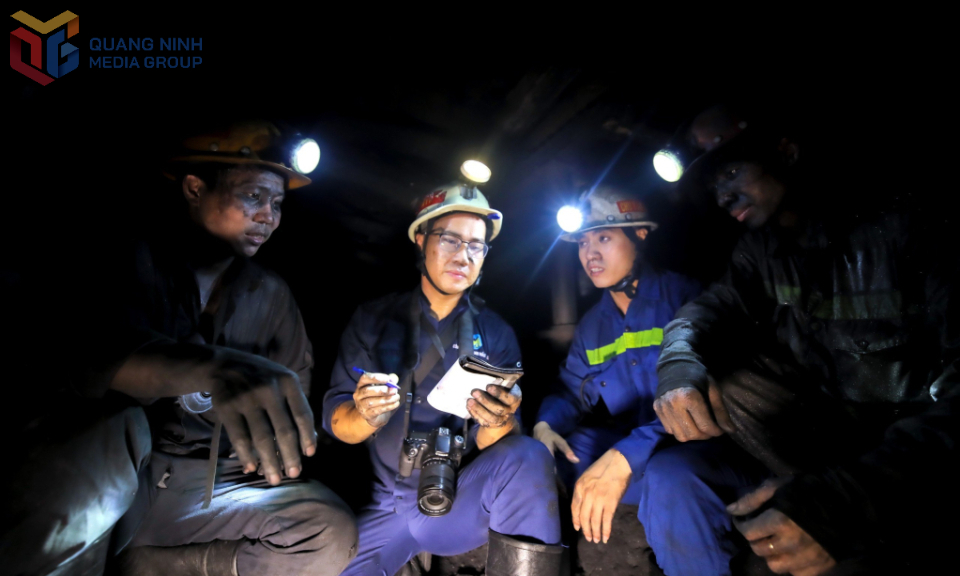
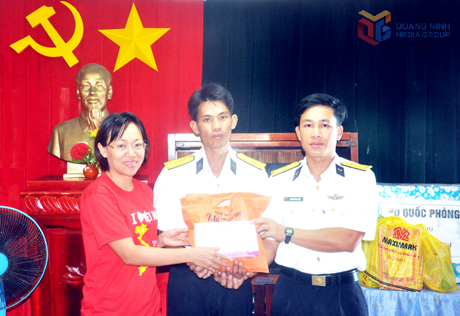
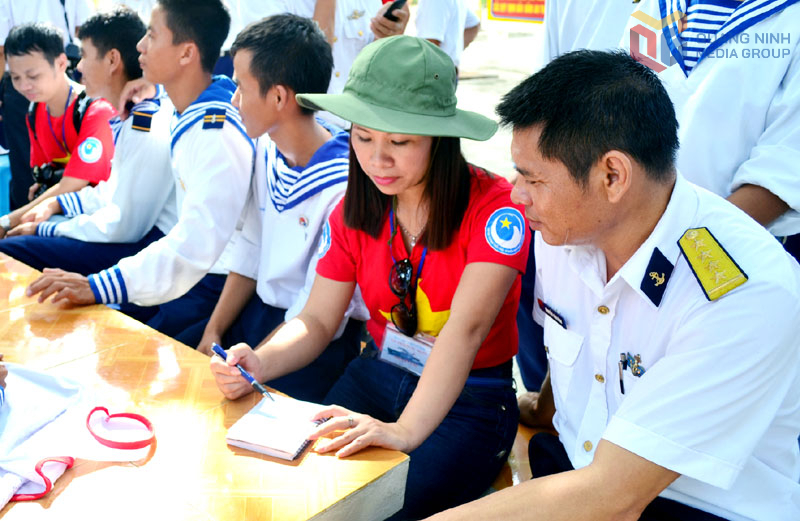






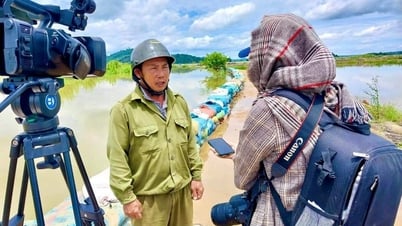

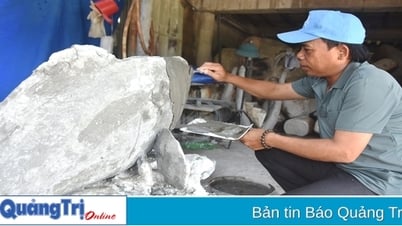

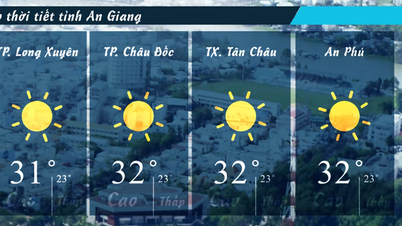

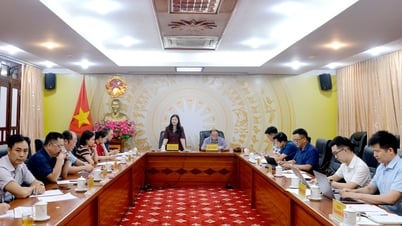

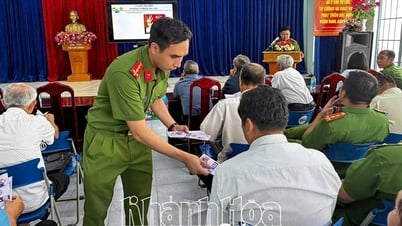

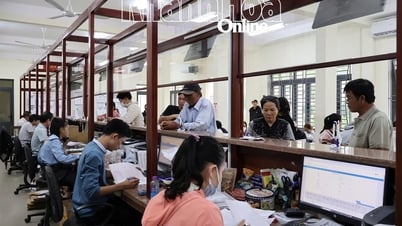





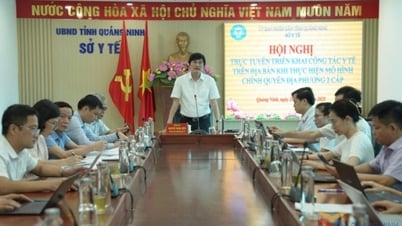
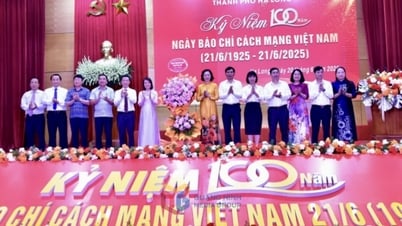
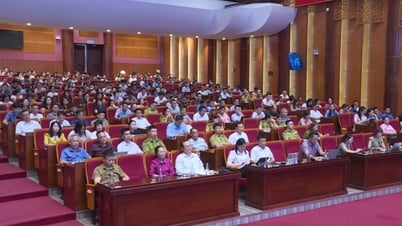

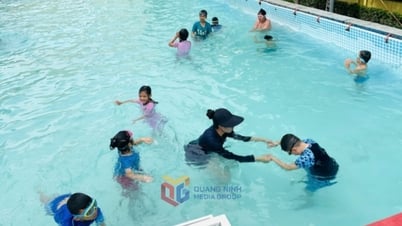
![[Photo] The 9th Congress of the Party Committee of the Office of the President, term 2025-2030](https://vphoto.vietnam.vn/thumb/1200x675/vietnam/resource/IMAGE/2025/6/20/78e7f27e8c4b4edc8859f09572409ad3)












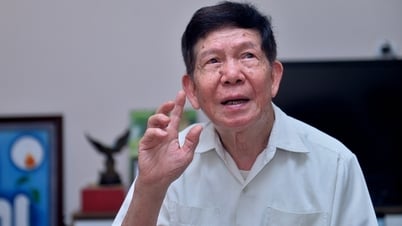














![[Maritime News] Wan Hai Lines invests $150 million to buy 48,000 containers](https://vphoto.vietnam.vn/thumb/402x226/vietnam/resource/IMAGE/2025/6/20/c945a62aff624b4bb5c25e67e9bcc1cb)


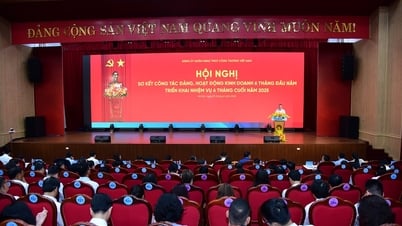






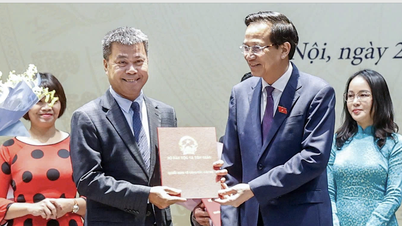
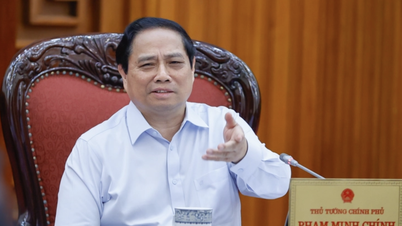




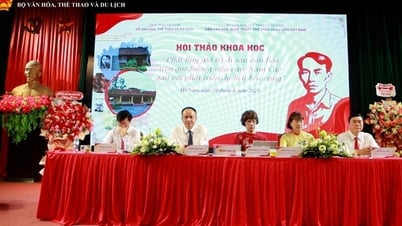
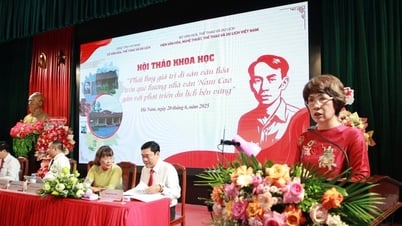

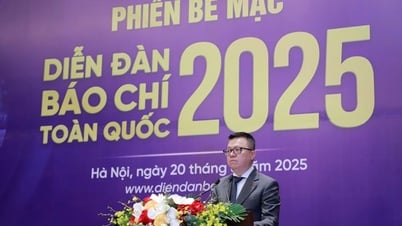
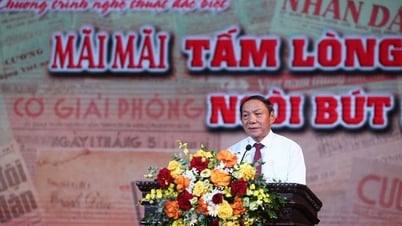


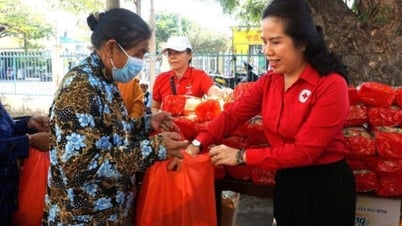

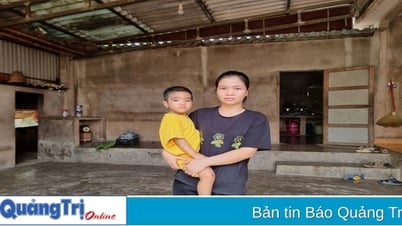
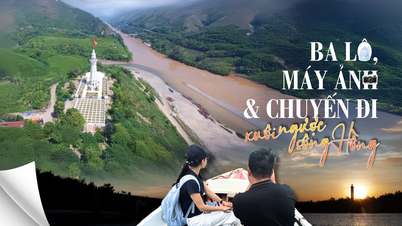















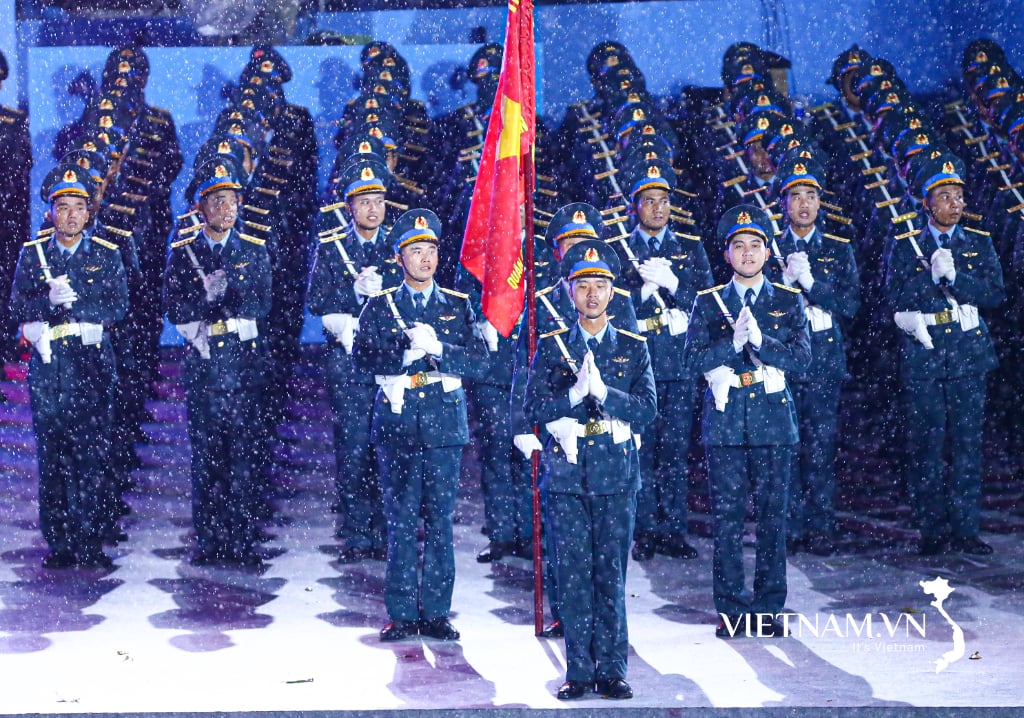

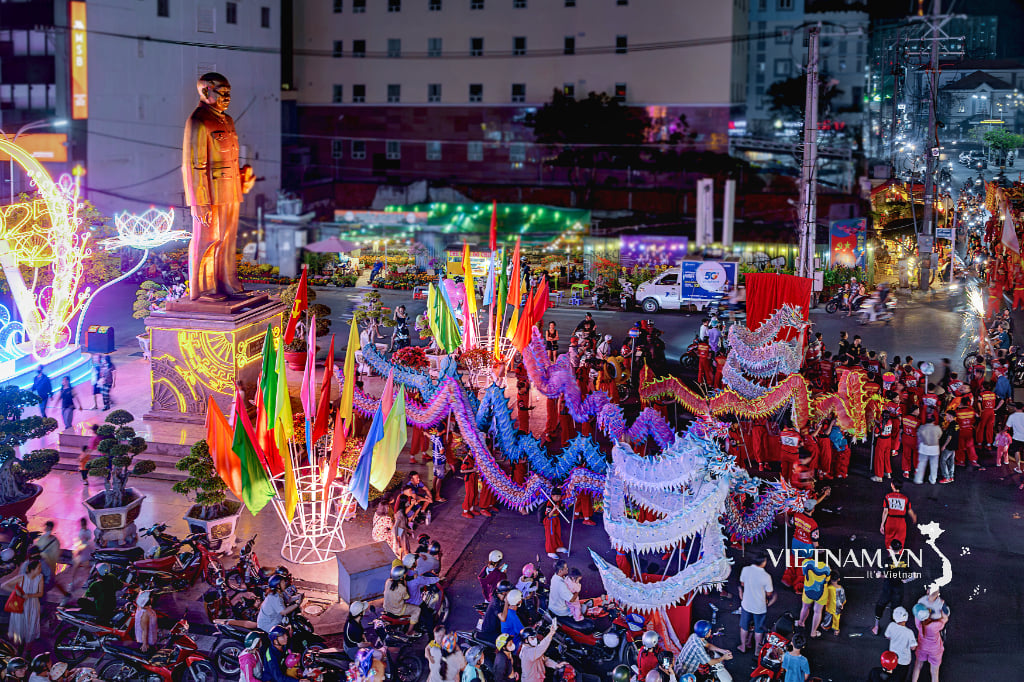
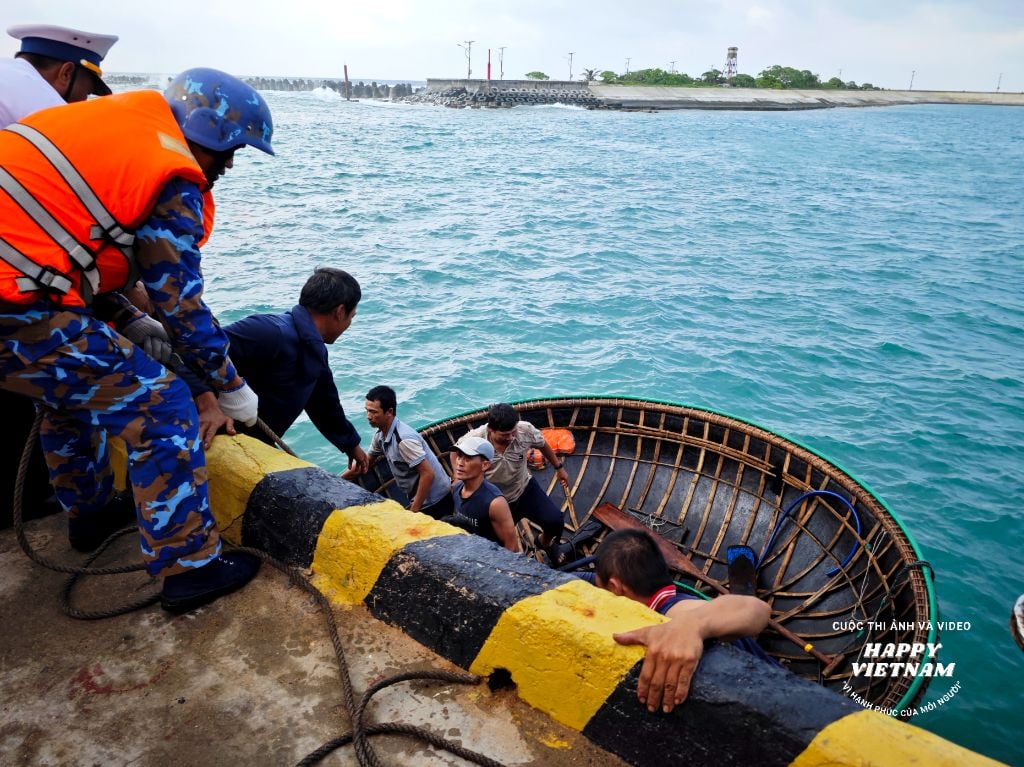
Comment (0)